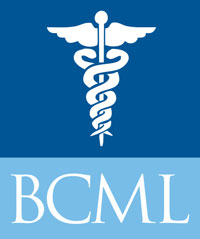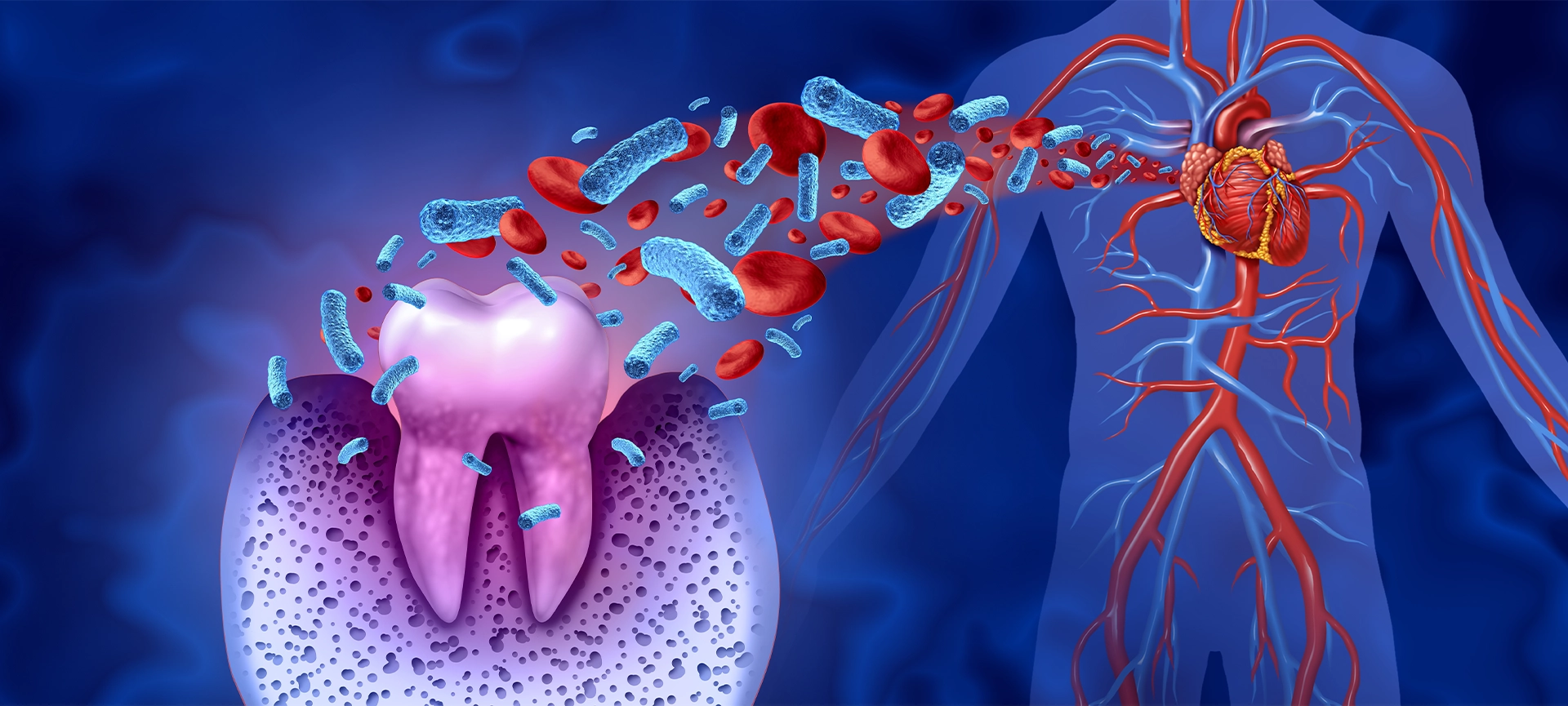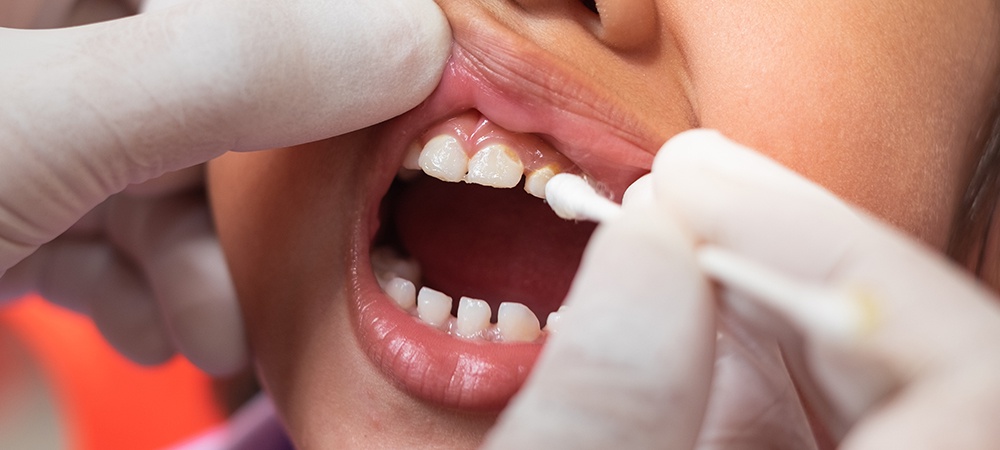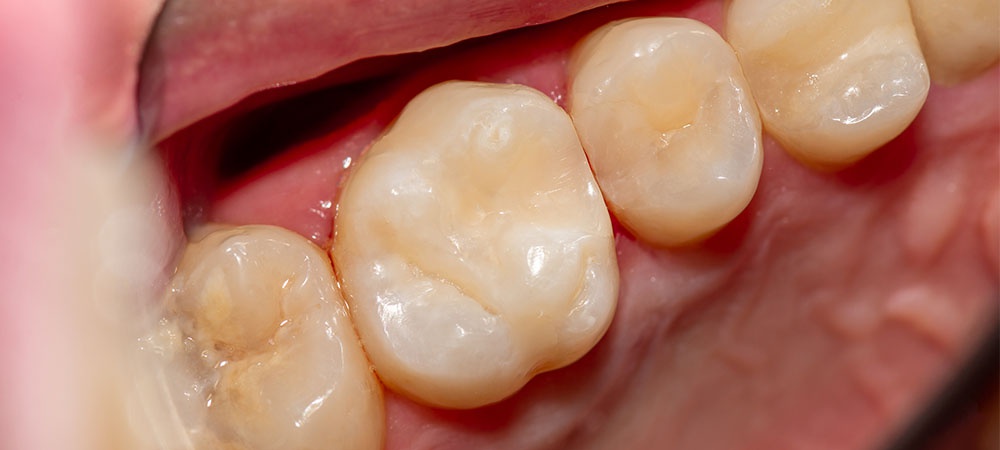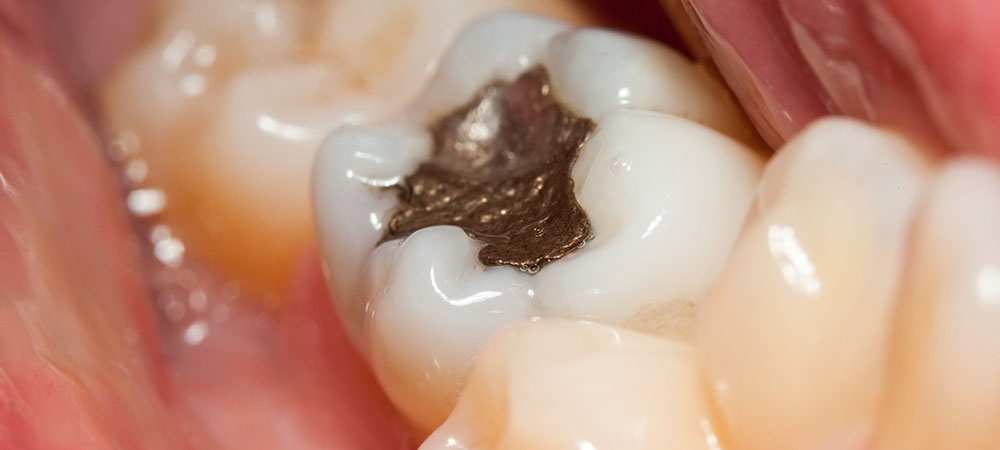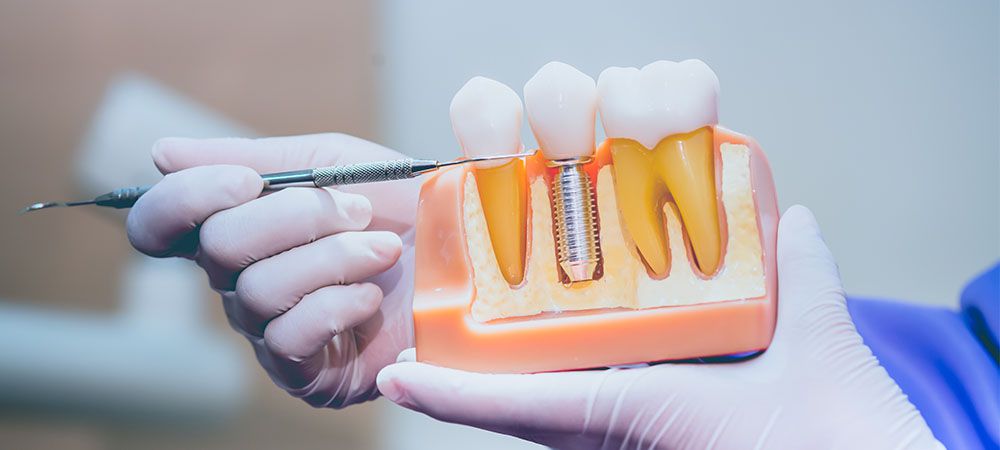We often think of brushing and flossing as habits that protect our teeth and gums, but their impact goes deeper than a bright smile. Mounting research shows a powerful connection between oral health and heart health. Ignoring your mouth could increase your risk of serious cardiovascular issues, including heart disease, stroke, and clogged arteries.
At Lockwood Clinic, we believe in whole-body care. Here’s what you need to know about how your dental habits affect your heart—and how regular checkups might be doing more than you think.
Related Article: Dental Care Beyond Brushing: Exploring Preventive Dentistry and Dental Treatments
How Oral Health and Heart Disease Are Connected
Your mouth isn’t just the starting point of your digestive system. It’s a window into your overall health. Research shows that gum disease and other oral infections can contribute to inflammation in the body, including in the arteries. Understanding this link is key to protecting both your smile and your heart.
The Inflammation Link
When you have gum disease (periodontitis), your gums become inflamed and infected. That inflammation doesn’t just stay in your mouth. It can enter the bloodstream and trigger inflammation elsewhere in the body, including in your arteries.
Chronic inflammation is a major risk factor for atherosclerosis, a condition where plaque builds up inside the arteries and restricts blood flow. This can lead to heart attacks and strokes.
Bacteria Entering the Bloodstream
When you have poor oral hygiene, harmful bacteria from your mouth can enter your bloodstream through inflamed gum tissue. These bacteria can travel to your heart and contribute to the formation of arterial plaque or even infect the inner lining of the heart (a condition called endocarditis).
Shared Risk Factors
Some of the same risk factors that lead to heart disease also contribute to poor oral health. These include:
- Smoking
- Diabetes
- Poor diet
- Chronic stress
This overlap makes it even more important to maintain good oral care, especially if you’re already at risk for heart issues.
Related Article: The Importance of Regular Dental Checkups: Preventing Cavities and Other Oral Health Problems
Warning Signs in Your Mouth That Shouldn’t Be Ignored
Your mouth often gives early clues about your overall health, especially when it comes to your heart. Ignoring small symptoms now can lead to serious complications later.
Here are some oral red flags that deserve immediate attention:
- Bleeding Gums When Brushing or Flossing: Occasional bleeding might seem harmless, but regular gum bleeding is usually a sign of inflammation, most commonly gingivitis or early-stage periodontal disease. Left untreated, this inflammation can spread, allowing harmful bacteria to enter your bloodstream and potentially contribute to artery damage.
- Chronic Bad Breath: If you’re constantly reaching for mints or gum, your body might be trying to tell you something. Persistent bad breath can stem from bacterial buildup beneath the gum line, which not only affects oral hygiene but is also linked to systemic inflammation.
- Gums Pulling Away from Your Teeth: Gum recession exposes the roots of your teeth, making them more sensitive and more vulnerable to decay. It’s also a hallmark of progressing periodontal disease — a condition tied to increased heart disease risk.
- Loose or Shifting Teeth: Teeth that start to move or feel unstable indicate a breakdown in the support structures of your mouth. This often happens in advanced gum disease, which damages the bone and connective tissues. And by extension, may elevate inflammatory markers associated with cardiovascular issues.
- Persistent Mouth Infections: Ongoing infections in your gums or around your teeth shouldn’t be brushed off. They can serve as entry points for bacteria to spread throughout the body, potentially contributing to conditions like endocarditis (an infection of the heart’s inner lining).
If you notice any of these symptoms, don’t wait. These signs are more than just dental concerns. They may be early warnings of broader health issues.
Who’s at Higher Risk?
While everyone should prioritize oral health, certain individuals need to be extra cautious:
- People with existing heart conditions
- Those with diabetes or autoimmune diseases
- Smokers and heavy drinkers
- Individuals with a family history of cardiovascular disease
- Anyone with persistent gum issues
Talk to your doctor or dentist if you fall into any of these groups. A collaborative care approach may help catch issues early.
What You Can Do to Protect Both Mouth and Heart
Caring for your oral health isn’t just about avoiding cavities. It could also lower your risk of heart disease. Fortunately, small daily habits can make a big difference.
Here’s what you can start doing right now to support both your dental and cardiovascular health.
1. Brush and Floss Consistently
Brush twice a day with fluoride toothpaste and floss daily. Don’t skip nighttime brushing, when bacteria are most active.
2. Schedule Regular Dental Visits
Visit your dentist at least twice a year; more often if you have ongoing issues. Professional cleanings help remove tartar that brushing alone can’t.
3. Eat a Heart-Healthy, Mouth-Friendly Diet
Cut back on sugar and processed foods. Choose:
- Leafy greens
- Nuts and seeds
- Lean proteins
- Fruits (especially berries)
- Whole grains
These foods support strong teeth and reduce inflammation throughout the body.
4. Don’t Ignore Bleeding or Swollen Gums
If you notice bleeding, sensitivity, or swelling, don’t wait for your next checkup. These could signal early gum disease.
5. Manage Stress
Stress can impact both oral health (clenching, grinding) and heart health (blood pressure, inflammation). Try:
- Deep breathing
- Yoga
- Regular exercise
- Better sleep habits
6. Communicate With Your Healthcare Team
Let your dentist know if you have heart disease, and inform your doctor about any oral health issues. In some cases, your physician may prescribe antibiotics before certain dental procedures to reduce infection risk.
Related Article: Finding a Walk-In Clinic in Toronto: A Guide to Convenient and Affordable Healthcare
Your Mouth Tells a Bigger Story
Your oral health is more than cosmetic. It’s a window into your body’s overall wellness. The gums, teeth, and tissues in your mouth can offer early clues about what’s happening elsewhere, including your heart.
Taking good care of your teeth isn’t just about preventing cavities. It’s a vital step in protecting your cardiovascular health, especially as you age.
Concerned about your oral or heart health? Schedule a visit with Lockwood Clinic today. Our integrated approach ensures you get the full picture: from gums to heart.
